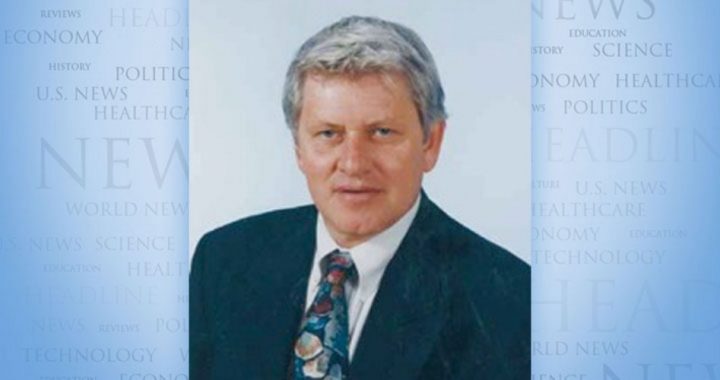
“The Justice Department has granted immunity to a former State Department staffer, who worked on Hillary Clinton’s private email server, as part of a criminal investigation into the possible mishandling of classified information, according to a senior law enforcement official,” reported the Washington Post on March 23rd. “The official said the FBI had secured the cooperation of Bryan Pagliano, who worked on Clinton’s 2008 presidential campaign before setting up the server in her New York home in 2009.”
In September, Pagliano invoked his Fifth Amendment rights before a congressional panel.
Since we’re unsure whether Mrs. Clinton will be indicted before the presidential campaign is over, it seems too early to count out Bernie Sanders, too soon to stop the scrutiny of his policy proposals, especially the policies that will escalate the level of federal red ink and will require future tax increases and/or program cuts in order to pay for the expanded spending.
When President Obama took office in January 2009, the national debt stood at $10.6 trillion. It’s currently over $19 trillion ($19,058,239,501 to be exact on the real-time spinning numbers at www. usdebtclock.org as I’m typing this sentence) and will likely reach the $20 trillion mark by the time President Obama leaves office in January.
That means the federal debt will have nearly doubled during Obama’s eight years in office, adding approximately as much red ink as all of his presidential predecessors combined.
The same massive mismanagement of fiscal policy occurred during the presidency of George W. Bush, with the gross federal debt nearly doubling from $5.73 trillion when Bush took office in January 2001 to $10.63 trillion at the end of his terms in January 2009.
Continuing the economic idiocy, there’s a flood of proposed new red ink added to this federal spend-a-thon in the collectivist dreams and give-away proposals of self-identified socialist Sen. Bernie Sanders.
“According to the U.S. Treasury, our current total public debt, including both debt held by the public and intragovernmental holdings, exceeds $18 trillion,” wrote Ali Meyers, economics reporter at the Washington Free Beacon, last September. “Sanders’ new expenditures would match this amount in 10 years.”
That’s “new expenditures” in the Sanders’ proposals for newfangled programs and new spending on current programs that are already floating in red ink, as summarized by Meyer: “$15 trillion to a government-run single-payer health-care plan, $1.2 trillion on Social Security, $1 trillion to rebuild roads and bridges, $750 billion to make college more affordable, $319 billion for paid family and medical leave programs, $29 billion on private pension funds, $5.5 billion for a youth jobs initiative,” plus an unspecified amount of new spending for Pre-K federal initiatives.
It’s a cradle-to-grave Bigger Brother vision by Sanders — more government, more centralization, more taxes, more red ink.
And the price to be paid by today’s pro-Sanders college students for their “free” tuition part of all of the proposed economic redistribution and societal leveling?
First, there’s the increased likelihood and cost of joblessness and underemployment in a labor market that already has an over-supply of college graduates competing for an under-supply of good jobs, with 30 to 40 percent of college graduates in many fields currently unemployed, working part-time, or underemployed in jobs that don’t require a college degree.
Second, there’s the likelihood of a lifetime of higher taxes. Add to the $19 trillion current national debt another $100 trillion in future federal obligations associated with Social Security, Medicare, and liabilities of government-sponsored enterprises such as Fannie Mae and Freddie Mac and “a 21-year old taxpayer entering the workforce can anticipate a personal obligation of approximately $1.1 million,” reports John DeFeo at thestreet.com.
It looks like we need more economics courses in college.
Ralph R. Reiland is an associate professor of economics and the B. Kenneth Simon professor of free enterprise at Robert Morris University in Pittsburgh.



